Two-time All England champion Jung Jae Sung spoke to Badzine on the special meaning that winning this particular event holds for him and about what the future holds for him now that his playing career has ended.
By Don Hearn, Badzine Correspondent. Photos: Badmintonphoto
Jung Jae Sung retired last year with no fewer than 15 Superseries titles and a collection of bronze and silver medals from the Asian Games, World Championships, the Thomas and Sudirman Cups and, most recently, the Olympic Games.
Of his many accomplishments, one that stands out is having twice climbed to the top of the podium at badminton’s oldest and most prestigious tournament, the All England Badminton Championships.
Jung retired immediately following his bronze medal performance with Lee Yong Dae at the 2012 London Olympics. With the 2013 edition of the All England approaching, the reigning men’s doubles champion took some time away from umpiring duties at a national singles tournament to speak to Badzine about what sets this tournament apart from the rest of the badminton circuit and also about what lies ahead for this great player.
Badzine: There are many who believe that the All England is actually harder to win than the Olympics or World Championships but is there really a big difference between it and the other Open tournaments, for a player such as yourself?
Jung Jae Sung: Like many, I had a special desire to win the All England. Of course, the Olympics and World Championships were also important but I’d always especially wanted to win the All England. We did manage to win the All England both years right before competing in the Olympics but there was something about it that made it feel different from winning any of the other Open tournaments.
The feel of playing in the All England is very different. Of course, no matter where you go, the fans cheer madly for their own home nation athletes but in England, when you play well and put on a good match, no matter where the players are from, the crowd gives you support and that makes you feel good as a player. In particular, as soon as any seeded players entered, the crowd response was amazing. The spectators are so appreciative and I will always remember that.
Badzine: In badminton, the spectators in places like Malaysia and Indonesia are famous for their numbers and exuberance. How does the crowd support in England compare?
Jung: Of course, in Southeast Asia, you have the really loud cheering and they cheer all the way through the rallies, sometimes so loud you get disoriented. But in England, as soon as the rally begins, the crowd becomes hushed – and that makes it so easy to concentrate, which is really important in a game like badminton – and then when the rally finishes, that’s when you get the applause and the appreciation from the spectators.
The other memory I’ll always have of the All England, back from when I was a youngster – and this is part of what made me always dream of winning it – is of the scene in such a big hall with only that centre court lit, with all the stands in darkness. I’ll always remember how amazing that looked.
Badzine: What were your first experiences watching and playing in the All England then?
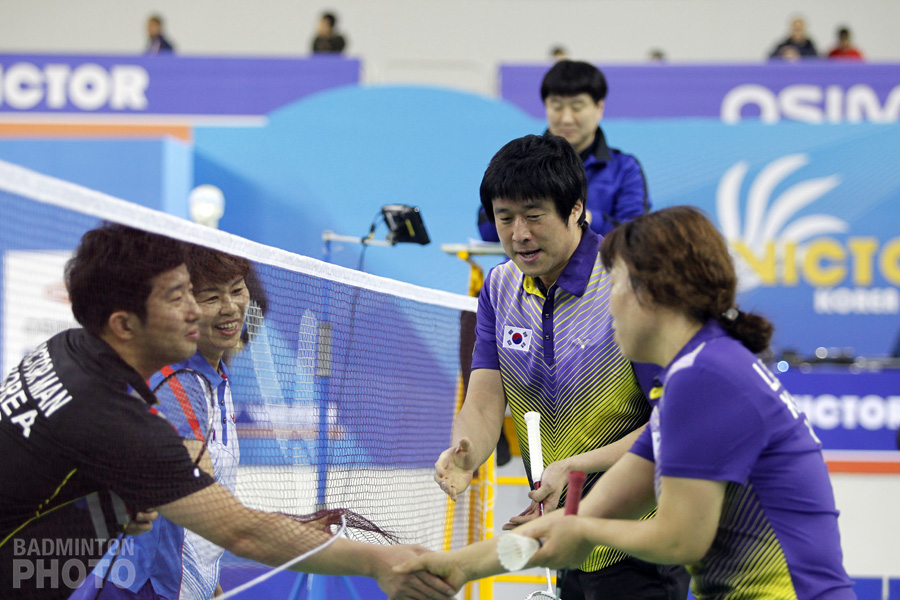
Jung Jae Sung participating in a pro-am exhibition match with 2004 Olympic gold medallist Ha Tae Kwon and two recreational players before the 2013 Korea Open finals © Yves Lacroix for Badmintonphoto
Jung: I remember watching the older players like Kim Dong Moon and Ha Tae Kwon a lot when I was younger and then later, I was able to go in person and watch the finals. The first time I ever played there was in 2001, with Ha Tae Kwon. We lost in the first round but he had won the year before and I remember wanting to win that event more than any other tournament.
Badzine: How has life been treating you now that you have retired from international badminton competition?
Jung: These days, I am coaching the Samsung Electronics Women’s Badminton Team and I’ve been incredibly busy since starting that at the beginning of the year.
It’s interesting because I just thought that if I got the women to do what we do in men’s doubles, that would be a good enough strategy. I’d always looked at women’s doubles and thought that if I became a coach, I would correct this aspect or that. I thought that men’s or women’s, a certain way of playing doubles would work.
Since taking on the job, though, I’ve found that it really depends on the player what style is going to work and that from dealing with each individual player I’ve gained a lot of knowledge in addition to imparting it. At first, it was very stressful, in dealing with things like scheduling training and the like, I’ve found that the players are very cooperative and overall, coaching is really a lot of fun. Now that I’m a coach, I sort of see why my career developed as it did and why, in spite of my height, I was as successful a player as I was.
![Jung Jae Sung on All England past, coaching future Two-time All England champion Jung Jae Sung spoke to Badzine on the special meaning that winning this particular event holds for him and about what the future holds for him […]](http://www.badzine.net/wp-content/uploads/Newsflash-thumbnail.png)
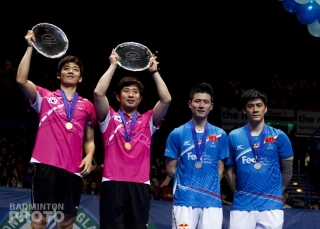
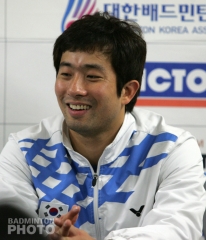
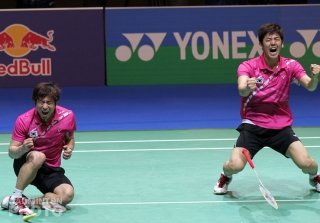

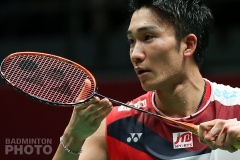
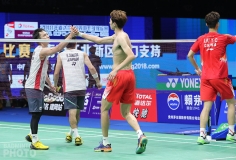
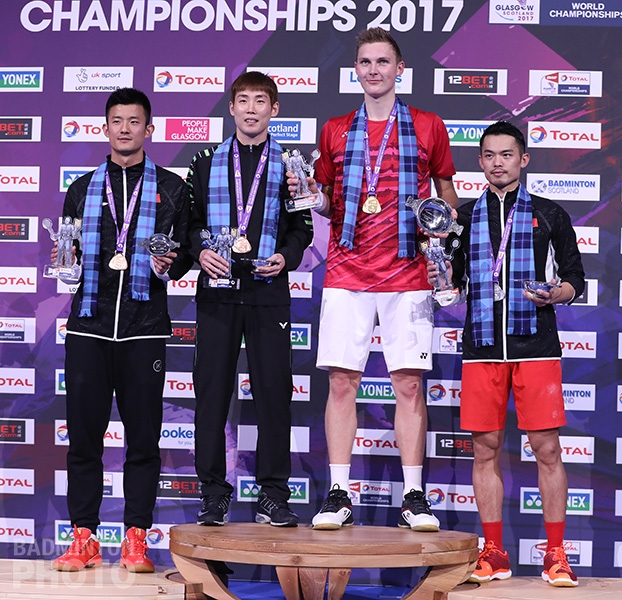
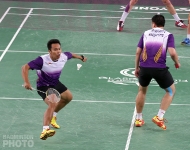
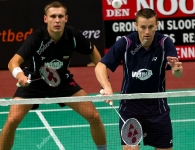
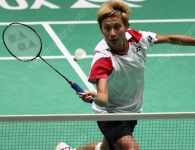
Leave a Reply